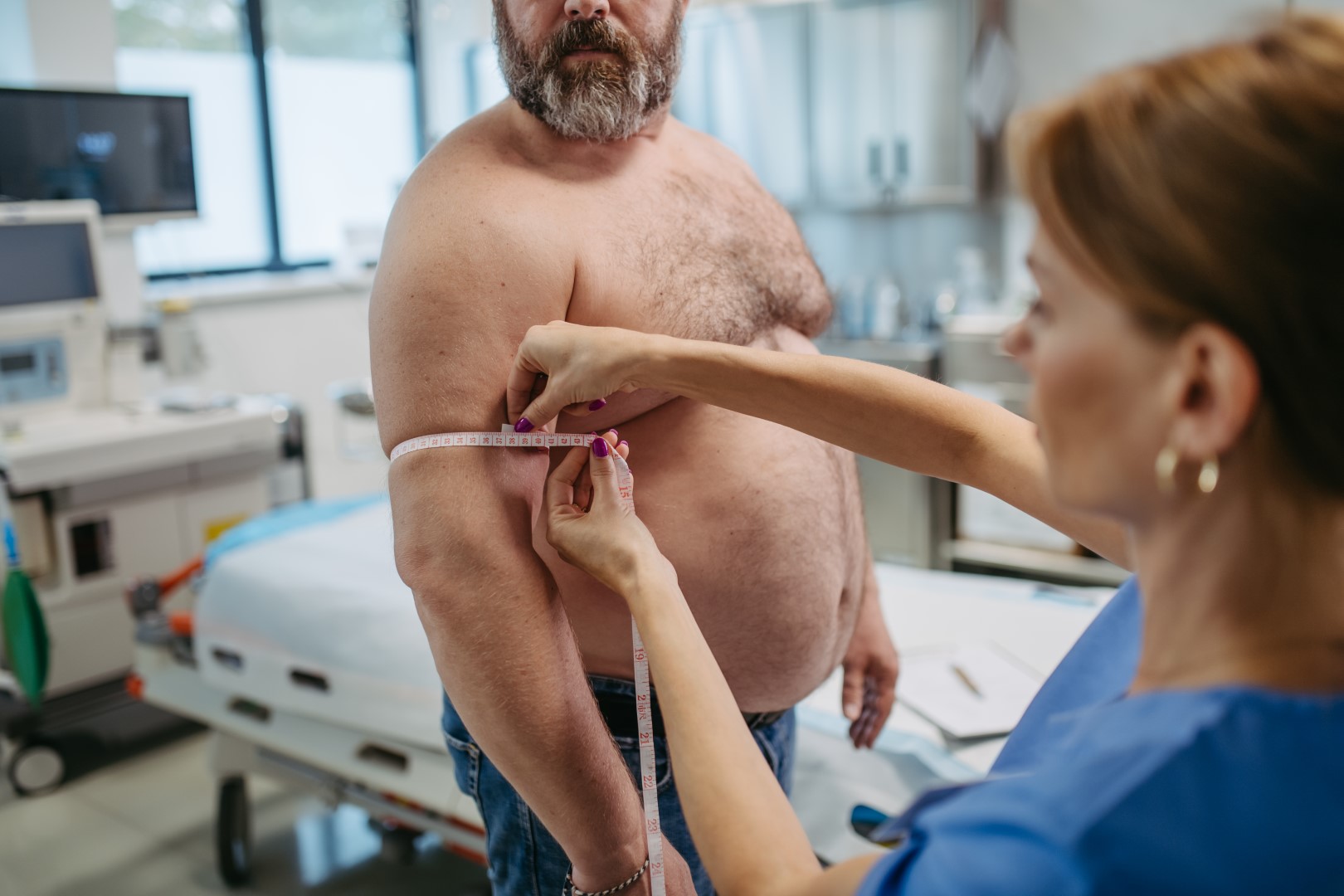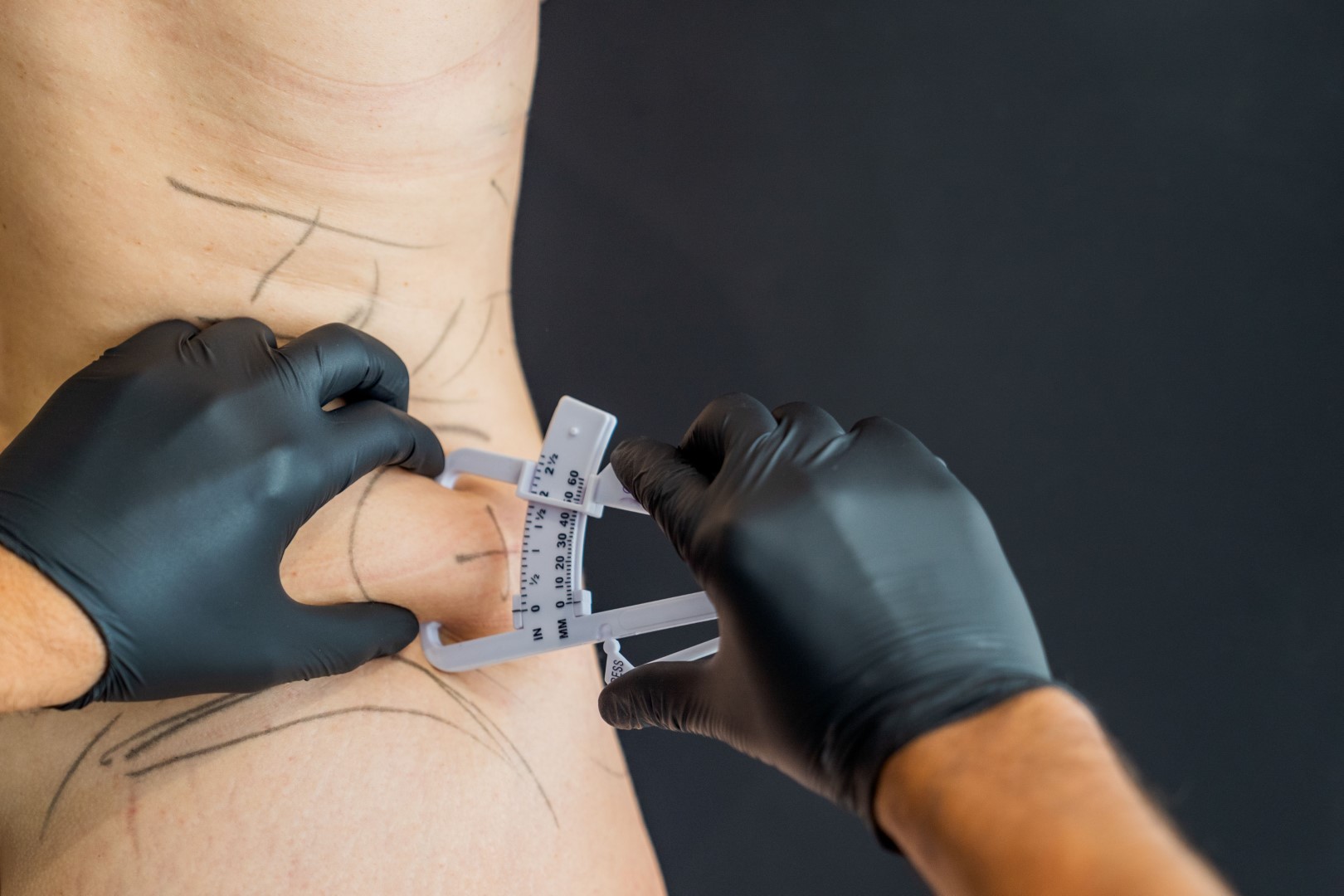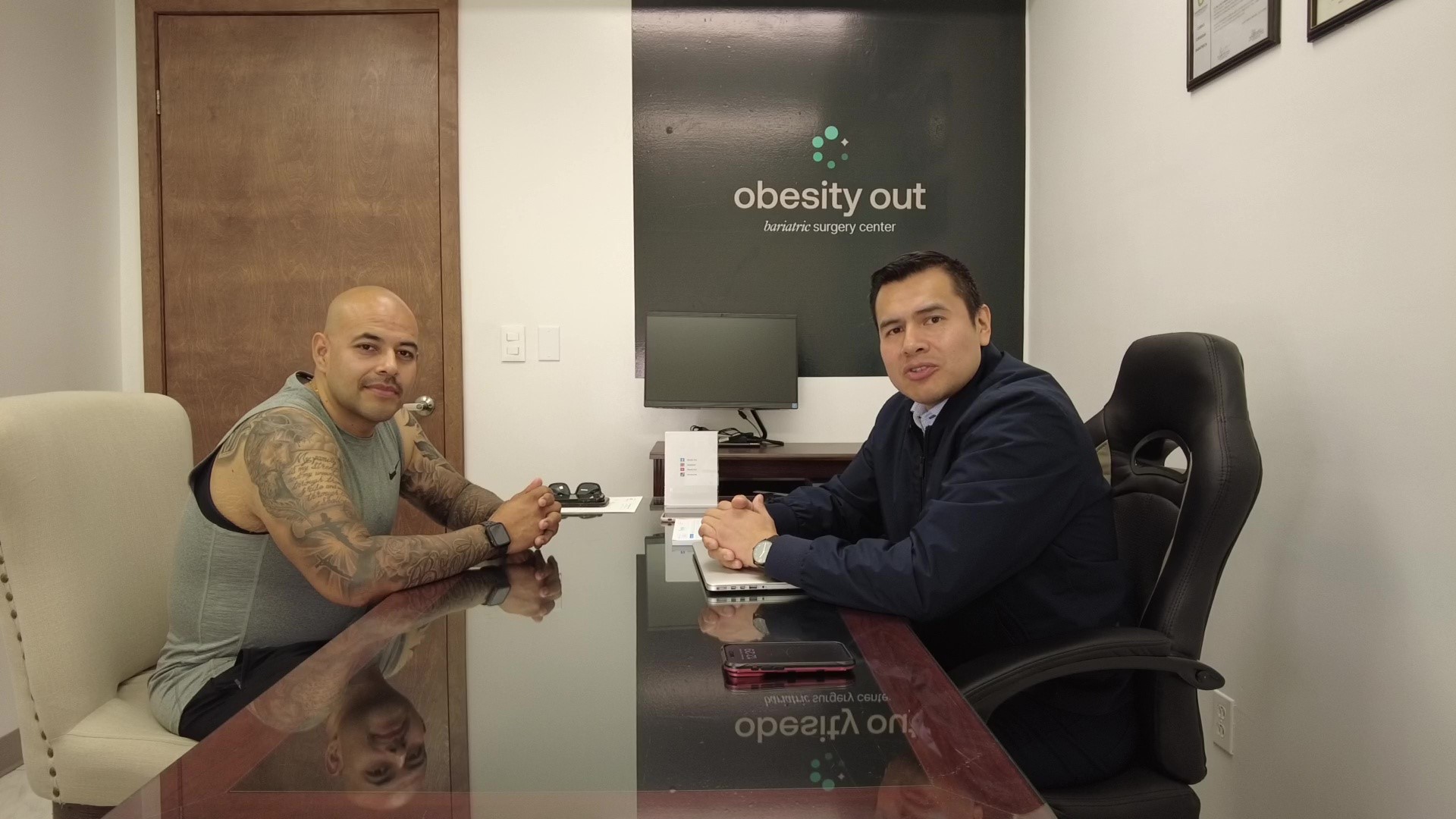The bariatric surgery is an increasingly common procedure for those struggling with severe obesity and related health conditions. However, beyond the physical aspects of surgery, it is crucial to recognize and address the complex interplay between patients' mental health and emotional well-being.
In this blog post, we will explore the important link between the bariatric surgery and mental health, focusing on how to address emotional concerns and ensure patients' psychological well-being. From preoperative psychological preparation to managing emotional eating after surgery, we will discuss how comprehensive support can improve patients' long-term outcomes and quality of life.
Through the experience of the Dr. Luis Cano and his team at Bariatric Surgery in TijuanaIn addition, we will explore effective strategies for addressing emotional concerns before, during and after surgery. From initial assessment to ongoing support during transition and beyond, we are committed to providing comprehensive guidance for those seeking to improve their physical and emotional health through bariatric surgery.
Join us on this journey as we explore how integrative care can transform not only the bodies, but also the lives of those who embark on the path to better health and wellness.
Preoperative Psychological Preparation
Psychological preparation prior to undergoing the bariatric surgery is a crucial component to the long-term success of the procedure. Prior to surgery, patients undergo a thorough psychological evaluation to ensure that they are mentally prepared for the challenges they will face before, during and after surgery.
During this evaluation, various aspects of the patient's mental health are explored, including the patient's psychological history, ability to understand and follow postoperative recommendations, and motivation to make lifestyle changes. In addition, possible emotional concerns, such as anxiety, depression or eating disorders, which may influence the outcome of surgery and recovery, are addressed.
The goal of this psychological preparation is to ensure that patients are well informed and emotionally prepared for the changes they will experience after surgery. They are provided with detailed information about the surgical procedure, potential risks and complications, and realistic expectations about long-term outcomes. In addition, they are taught effective coping strategies to manage stress, anxiety and other emotions that may arise during the process.
The medical team, led by Dr. Luis Cano at Bariatric Surgery in TijuanaThe Bariatric Surgery Center works closely with mental health specialists to provide comprehensive support to patients during this crucial time. By addressing emotional concerns and providing the necessary support, patients are prepared to succeed in their journey to a healthier and more fulfilling life after bariatric surgery.
Support during the Transition
The transition to a life after the bariatric surgery can be emotionally challenging and requires ongoing support to ensure long-term success. During this period of adjustment, it is critical that patients have a strong support system that is with them every step of the way.
The medical team, led by Dr. Luis Cano at Bariatric Surgery in Tijuanaprovides comprehensive support during the transition to ensure that patients feel supported and empowered in their journey to better health. This includes regular follow-up sessions with the bariatric surgeon and other healthcare professionals, such as dietitians and psychologists, to monitor the patient's progress and address any concerns that may arise.
In addition to medical support, patients can also benefit from the emotional support of friends, family and support groups of people who have gone through similar experiences. These groups provide a safe space to share experiences, advice and resources, and can help reduce the sense of isolation and anxiety that often accompanies the transition after surgery.
Transition support also involves helping patients navigate the lifestyle changes required after bariatric surgery, including changes in diet, exercise and stress management. They are taught practical skills to maintain healthy habits and overcome potential obstacles along the way.
In summary, support during the transition is essential to ensure that patients successfully adapt to their new life after bariatric surgery. With the right support, patients can face challenges with confidence and achieve better long-term health and well-being.
Body Image and Self-Esteem Changes
The bariatric surgery not only has a significant impact on patients' weight and physical health, but also on their self-perception and self-esteem. As patients experience significant weight loss after surgery, it is common for them to experience changes in their body image and how they view themselves.
For many patients, weight loss can result in a significant improvement in self-esteem and self-confidence. By reaching their weight loss goals and achieving better health, patients can feel more confident in their appearance and their ability to meet the challenges of everyday life.
However, it is also important to recognize that changes in body image can be complex and varied. Some patients may experience difficulty adjusting to their new body, especially if they have lost a significant amount of weight in a short period of time. Concerns may arise about excess loose skin or the perception that their body does not match their idealized image.
The medical and support team, including the Dr. Luis Cano at Bariatric Surgery in TijuanaThe Center works with patients to address these concerns and promote a positive body image and healthy self-esteem. Guidance and resources are provided to help patients accept and celebrate their accomplishments, as well as address any concerns about physical appearance.
Changes in body image and self-esteem after bariatric surgery are part of the journey to a healthier, more fulfilling life. With the right support, patients can learn to appreciate and love their bodies in all their shapes and sizes, and to feel confident in their ability to live fully after bariatric surgery.
Emotional Eating Management
The management of emotional nourishment is a fundamental aspect of the recovery process after the bariatric surgery. Many patients turn to food as a way to cope with stress, anxiety, sadness or other difficult emotions. However, after bariatric surgery, the reduced stomach and changes in nutrient absorption can make emotional eating less effective and more detrimental to health.
It is important that patients learn to identify and manage the emotions that trigger emotional eating. The medical team, including the Dr. Luis Cano at Bariatric Surgery in Tijuanaoffers support and guidance to help patients develop healthy strategies to cope with stress and difficult emotions without resorting to food.
These strategies may include relaxation techniques, such as meditation or deep breathing, recreational activities that help distract the mind, such as exercise or reading, and seeking emotional support through friends, family or support groups. Learning to identify the signs of real hunger versus emotional drive is also crucial to avoid overeating and maintain a balanced diet.
In addition, it is important that patients follow the postoperative dietary guidelines provided by their medical team. This may include eating small, frequent meals, focusing on lean proteins and nutrient-rich foods, and avoiding foods high in sugar and unhealthy fats.
Effectively managing emotional eating after bariatric surgery requires practice, patience and the ongoing support of the medical and support team. With time and dedicated effort, patients can learn to manage difficult emotions in a healthy way and maintain a balanced and satisfying lifestyle after bariatric surgery.
To conclude
The bariatric surgery is a transformative procedure that not only impacts patients' physical health, but also their mental health and emotional well-being. Throughout this article, we have explored how to address emotional concerns and care for the psychological well-being of patients before, during and after surgery.
From preoperative psychological preparation to support during transition and managing changes in body image and self-esteem, we have emphasized the importance of a comprehensive approach to ensure the long-term success of bariatric surgery. With the support of the medical and support team, led by the Dr. Luis Cano at Bariatric Surgery in TijuanaWith the help of the patient, patients can overcome emotional and physical challenges and achieve their health and wellness goals.
It is crucial for patients to recognize that bariatric surgery is only the first step in a journey toward a healthier, more fulfilling life. Effective management of emotional eating, commitment to a healthy lifestyle and ongoing support are critical elements in maintaining long-term results and enjoying a better quality of life.
At Bariatric Surgery in TijuanaWe are committed to providing comprehensive support to our patients at every stage of their journey. We believe that every patient deserves personalized, compassionate care that addresses all of their physical, emotional and psychological needs. Together, we can meet the challenges and celebrate the achievements on the road to a healthier, happier life after bariatric surgery.






